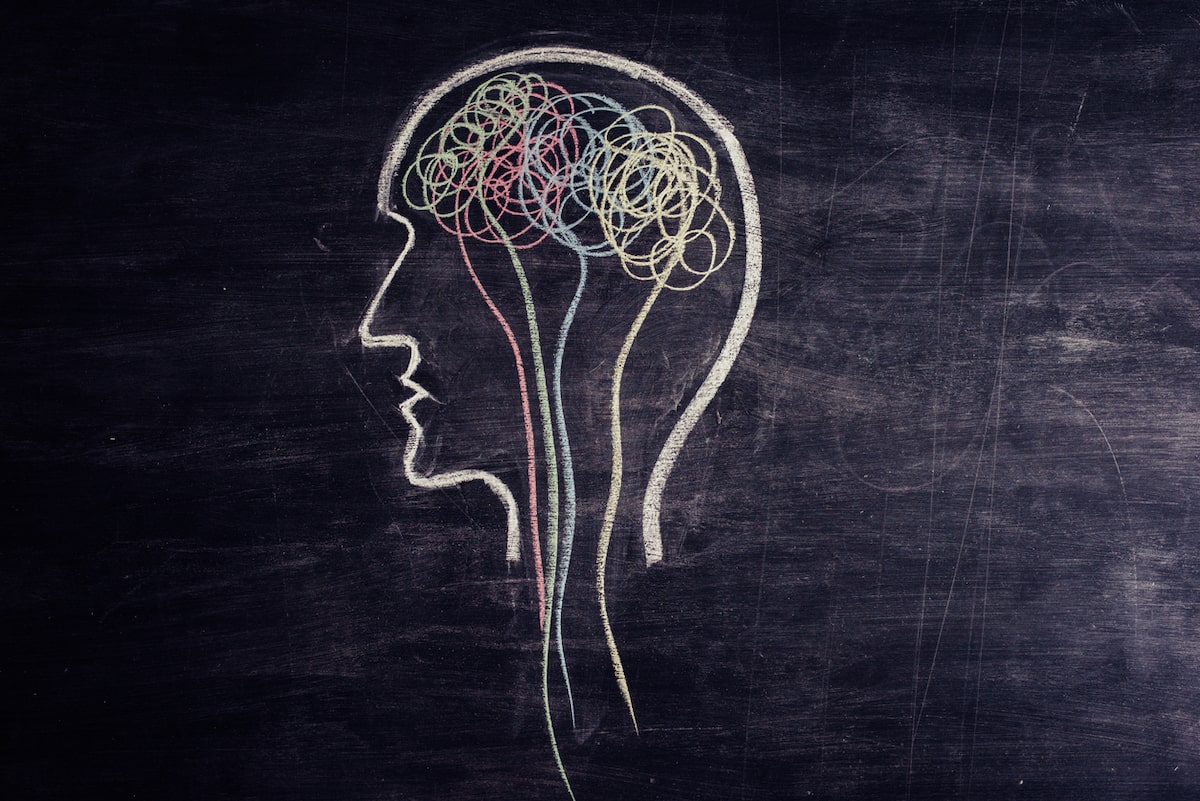
Toughness – it’s an expression we’re all familiar with, but what exactly does it mean? How do we quantify or measure such an abstract descriptor? Are we talking about mental fortitude? Resiliency? Or does toughness describe someone who simply doesn’t quit, no matter what?
Maybe. But that could also be the definition of stupidity or insanity.
When I decided to become a trainer, I never considered how much of my time would be spent trying to unravel the mysteries of the brain. On the surface it would seem people hire trainers to help them “get into shape” (we’ll save figuring out what that means for another time), but nearly a decade into my career I’ve learned our real role runs deeper.
High-level coaches and trainers know that mastering the mental game is the key to reaching any goal. Our true job is to push clients toward the edge of their self-imposed limitations so that they can smash right through them with courage and enthusiasm. Stated another way, it’s our job to build strong minds to match equally strong bodies.
To understand what makes one person persevere when confronted with a gruelling task while another will pack up and go home, we have to understand how the brain works when making a decision. One theory, posited by psychologist Daniel Kahneman in his 2011 book Thinking, Fast and Slow, says that there are two channels that govern the choices we make: System 1 and System 2 (scientists aren’t the most creative people when it comes to naming things).
System 1 works on the subconscious level, in a deep part of the brain. It’s designed to work quickly and efficiently, with self-preservation being the main motivator. System 1 doesn’t want you to run that extra mile or grind-out yet another set of squats. System 1 automatically measures the risk-to-reward ratio of any given activity and will always choose the safest, easiest option because that’s its job.
System 2 operates consciously from a different part of the brain, the one that handles complex problems and deep thought. We control System 2, which is great because it allows us to not be slaves to our primordial instincts. However, all this deep thinking comes at a cost – it’s slow, takes a lot of energy and it exhausts the brain easily. Not exactly the ideal mental state for physical training.
Try honing these psychological skills to develop a gold medalist’s mind
When we’re in the gym, we can’t afford to contemplate each and every decision. Our mental energy needs to be conserved so that we can fully focus on the difficult tasks at hand. But then again, if we let our subconscious mind take over, we’re liable to call it a day as soon as the training becomes difficult.
This is where the role of quality coaching comes into play. Of course most people are perfectly capable of coaching themselves, just as they are of preparing their own taxes and meals, too. But life is complicated and often it’s easier to hire a professional to do the work.
Remember how System 1 operates by analyzing the risk-to-reward ratio of activities? Well, System 2 can influence and control what we determine to be a risk and a reward. The more familiar an activity, the less likely it is to be classified as “risky.” This is why baby steps are so important whenever we’re taking on a new challenge. As much as our newbie enthusiasm might want us to dive head-first into the deep end, doing so rarely leads to lasting results.
As for the reward side of the equation, that’s a very personal factor. A reward to one person (standing atop the podium, for example) may mean zilch to the next. It’s why if you ask a stranger on the street to drop and give you 20 push-ups, they’re likely to ignore you. But what if you offered $10 for every rep? Chances are you’d be out $200.
Toughness, then, is a function of how much value we place on the activity we’re doing. It’s an expression of your core personal beliefs. That’s why the most successful athletes can’t fake it or go through the motions. If your brain feels the risk of exertion isn’t worth the reward, it’s all over.
In order to reap the full benefits of physical training, we need to train the mind alongside the body. The formula for this is simple: Make it familiar, make it worthwhile. By carefully microdosing various levels of intense training, all the while emphasizing the deeper value of all that work, we can reprogram our subconscious so that it buys into the process.
Once that happens, you’ll be to handle whatever challenges life throws your way – because your brain isn’t giving you any other choice.
Paul Landini is a personal trainer and health educator in Kitchener, Ont.
